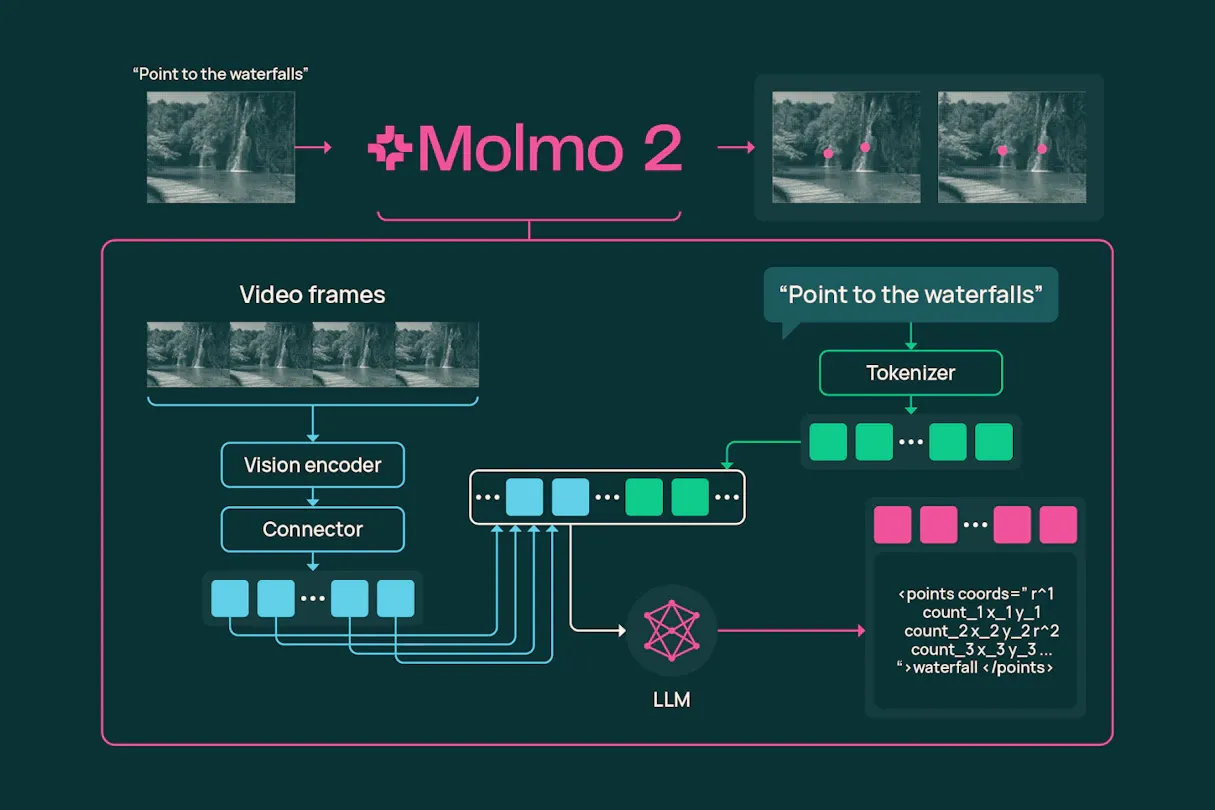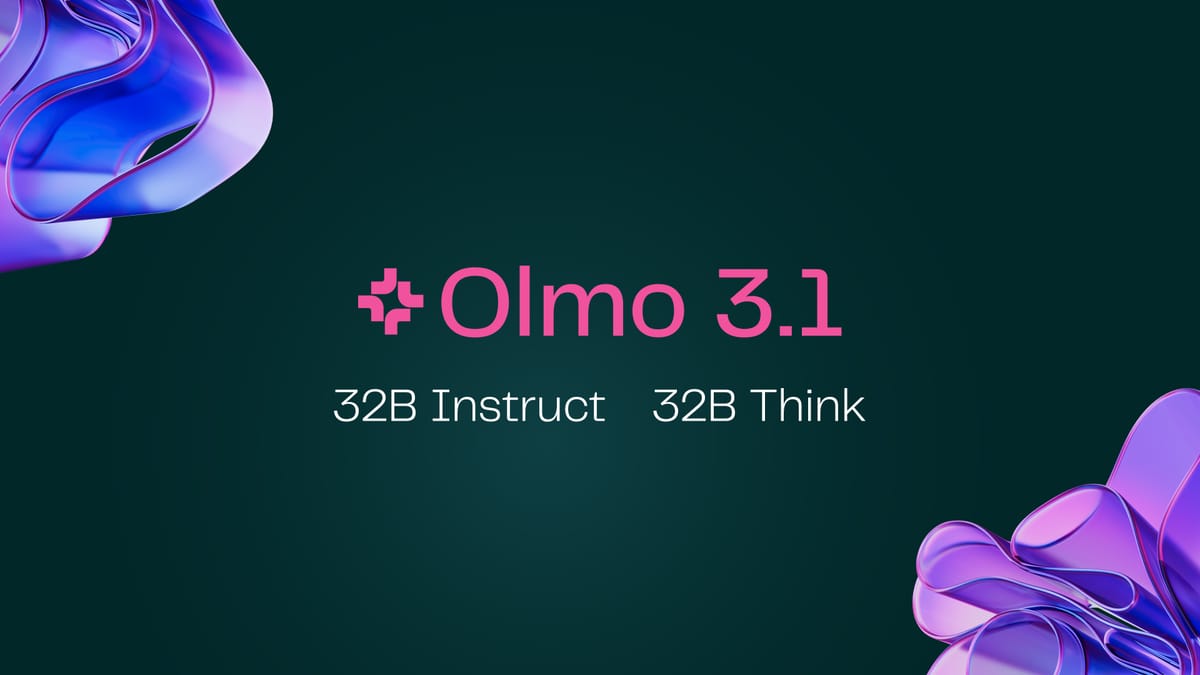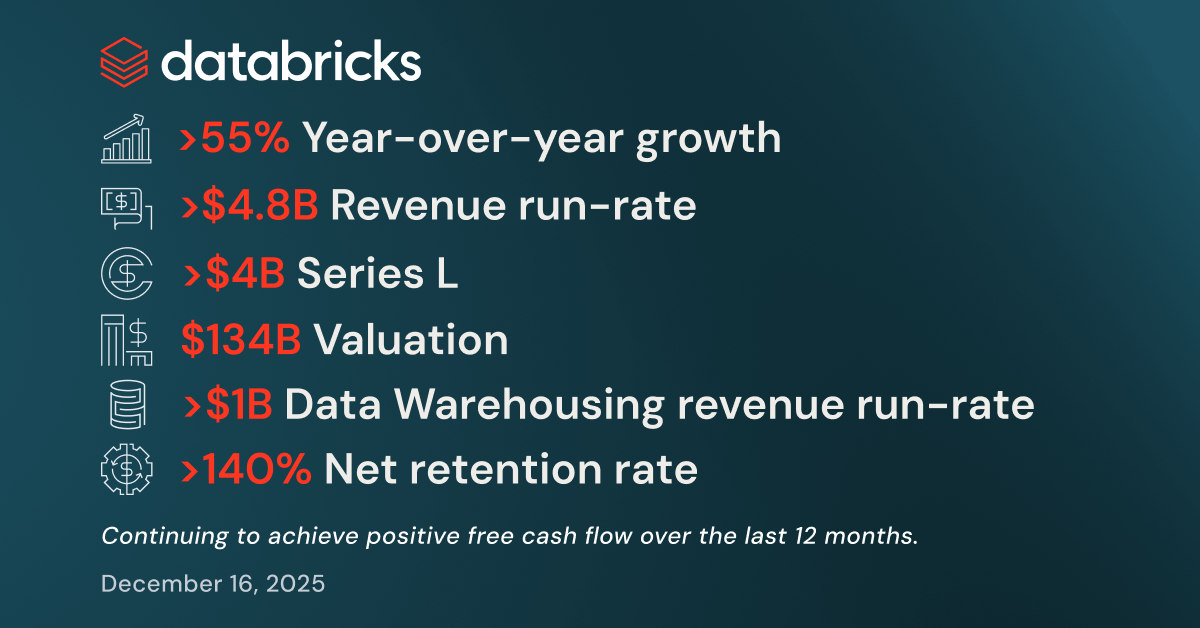Image and video generation models have been a recurring topic for the past couple of weeks. Just last week, Amazon updated its Titan image generation model, after previous weeks saw a flurry of launches, including the FLUX.1 suite of image-generation models by Black Forest Labs, a startup recently emerging from stealth; Hedra's Character-1 video-generation model; and even Meta's introduction of the "Imagine me" prompts for its AI assistant.
This week, Black Forest Labs made the news again after reports emerged that its FLUX.1 suite of models is powering Grok's—infamous AI-powered assistant for 𝕏's Premium and Premium+ subscribers— image generation capabilities. xAI announced Grok's new capabilities in tandem with the release of two new competitive LLMs, Grok-2 and Grok-2 mini. However, Grok's image generation capabilities stole the spotlight after several users realized how flexible the assistant's guardrails were. From Donald Trump smoking a joint to Mickey Mouse saluting Adolf Hitler, it seems that not only does Grok produce controversial images, but it also does not mind copyright protections too much.
In addition to Grok's notorious update, Google expanded the availability of Imagen 3, its latest generation model, through ImageFX. The model features several improvements over its predecessor, including better prompt adherence and understanding, richer detail generation, and enhanced text rendering. On a less ambitious note, Midjourney added an image editor to its web experience, bringing its existing editing capabilities into a unified interface to enable users to edit their Midjourney-generated images.
Other noteworthy headlines this week include:
Made by Google 2024 was the company's opportunity to infuse Gemini into everything: Google has announced Gemini as the default assistant for Pixel 9 devices, introduced Gemini Live for voice conversations, expanded Gemini's integration across Android devices, and unveiled new accessibility features, marking a shift towards AI-powered capabilities across its product ecosystem.
Cosine launched Genie, a specialist AI model in software engineering: Cosine has developed Genie, an AI software engineer that achieves state-of-the-art performance on the SWE-Bench benchmark by using a novel approach of training on data that reconstructs human developer reasoning, positioning it as a potential game-changer in automated software development.
Perplexity and Polymarket team up for enhanced search results: Prediction marketplace Polymarket has partnered with AI search engine Perplexity to provide users with AI-generated news summaries and search capabilities for events, while Perplexity gains a new API customer and expands its content offerings.
Ragie.ai has officially launched its RAG-as-a-service platform with $5.5M in seed funding: Ragie, a new AI company founded by industry veterans, has launched a RAG-as-a-Service platform with $5.5M in funding, offering developers a streamlined solution for building AI applications connected to their data sources.
Sakana AI claims it is working towards automating the scientific research process: Sakana AI has developed "The AI Scientist," a groundbreaking system that aims to automate the scientific research process in machine learning, from idea generation to paper writing and peer review, thus exploring how AI can impact the scientific progress.
Encord has raised a $30M Series B round for its data development platform: Encord, a leading multimodal AI data development platform, has secured $30 million in Series B funding to enhance its product offerings and continue revolutionizing how AI teams manage, curate, and leverage high-quality data for model development.
Profound is emerging from stealth to bring SEO to AI searches: Profound, a new startup, has launched a platform to help brands optimize their presence in AI-powered search results, securing $3.5 million in seed funding to develop this technology that tracks and analyzes how companies appear in AI chatbot responses.
Clearly secured $4.3M to deliver timely insights on energy consumption and emissions for fleets: Clearly, a London-based AI-powered climate intelligence platform, has raised $4.3 million in seed funding to enhance its technology that provides real-time, trip-level emission insights for fleet operators, aiming to revolutionize supply chain decarbonization efforts globally.
EliseAI raised a $75M Series D, achieving unicorn status: EliseAI, a leading conversational AI platform for the housing industry, has raised $75 million in Series D funding, achieving unicorn status with a valuation of over $1 billion, as it continues to revolutionize property management and expands into healthcare automation.
MIT launches a database that catalogs over 700 unique risks posed by AI: MIT researchers have launched the AI Risk Repository, a comprehensive database of over 700 unique AI-related risks, designed to help organizations, policymakers, and researchers better understand, assess, and mitigate the evolving challenges in artificial intelligence deployment and development.
Snowflake debuts Cortex Analyst, a fully managed service for self-service analytics: Snowflake launches Cortex Analyst, a service enabling natural language queries for structured data. Built on Meta and Mistral models, it offers high text-to-SQL accuracy, security features, and easy integration. Already used by Bayer, it aims to democratize data analytics for business users.
Primate Labs revamps its machine learning benchmark to introduce Geekbench AI 1.0: Primate Labs has released Geekbench AI 1.0, a comprehensive cross-platform benchmarking tool that measures AI performance across various devices using realistic workloads, multiple scoring dimensions, and accuracy assessments.
Goodfire announced a $7M seed round to advance its model observability platform: Goodfire, a startup developing an AI observability platform that allows developers to visualize and edit AI model behavior, has raised $7 million in seed funding to advance its mechanistic interpretability-based approach to making AI models more transparent and controllable.
CodeRabbit has secured $16M to accelerate AI-powered code reviews: CodeRabbit, an AI-powered code review tool, has raised $16 million in Series A funding to expand its team and enhance its product offerings, building on its initial success in addressing manual code review challenges and gaining traction among developers.
Google updates AI Overviews and expands access to six new countries: Google is expanding the availability of its AI Overviews to six new countries, introducing new linking capabilities and user-friendly options while reporting increased engagement and focusing on information quality.





Comments